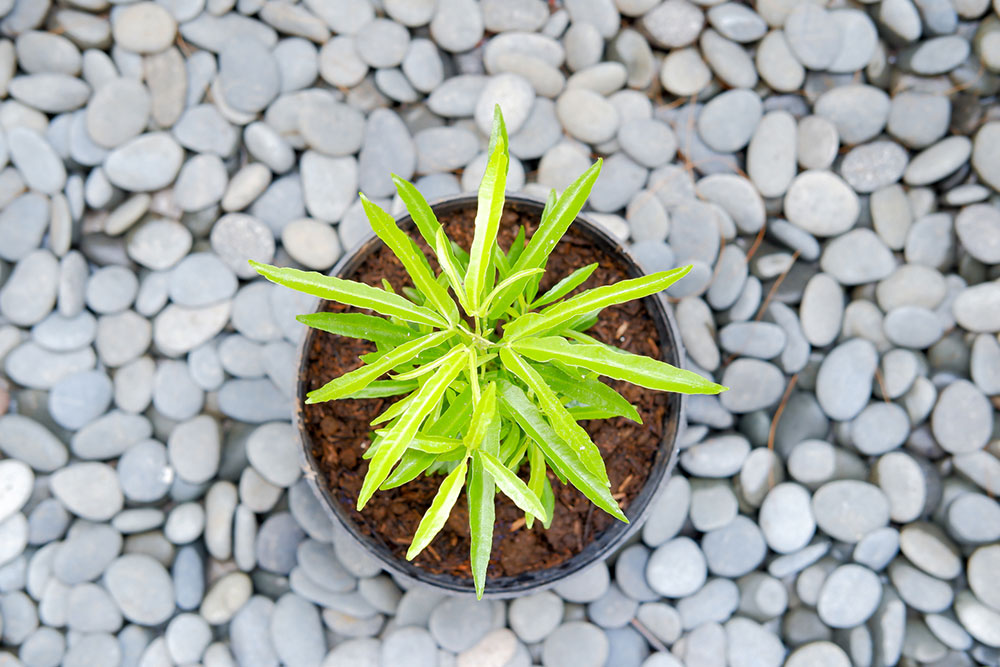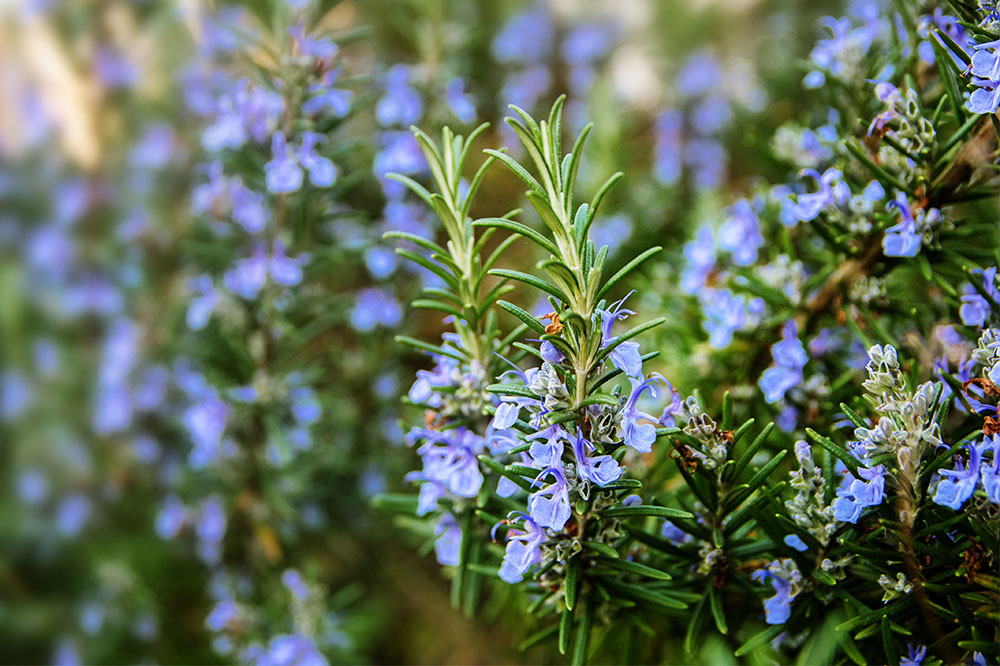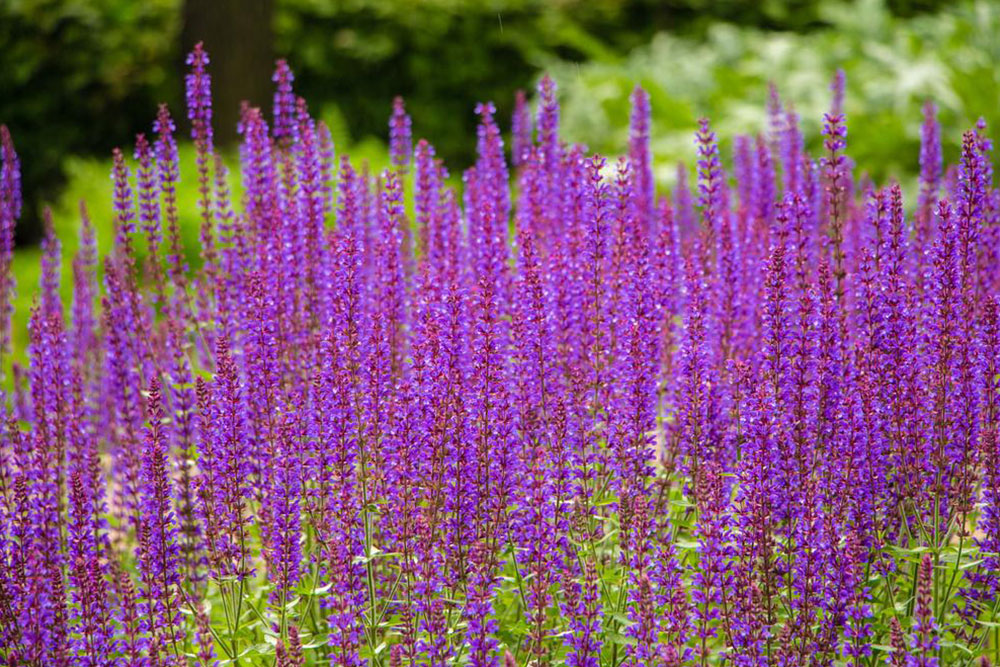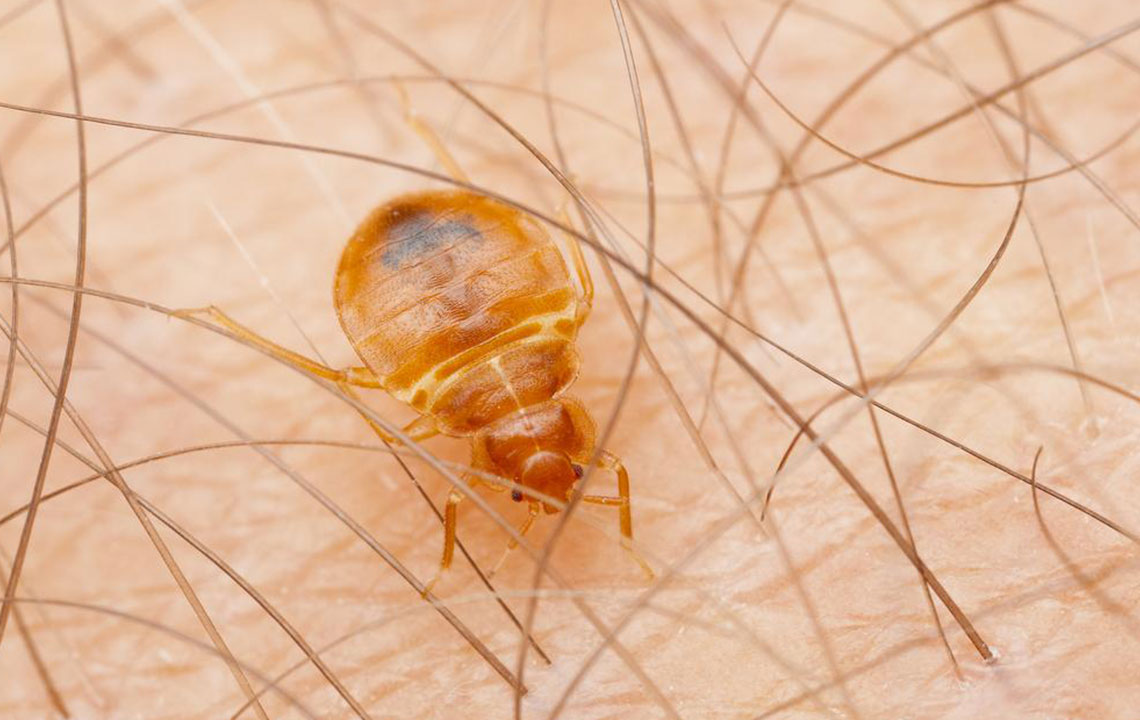The Ultimate Guide to Natural Mosquito Repellent Plants for a Bug-Free Garden
Discover a comprehensive guide to natural mosquito-repelling plants that can safeguard your garden and outdoor spaces. From lavender to marigolds, learn how these plants not only keep pests away but also enhance your landscape's beauty and aroma. This article offers practical tips for cultivating these herbs and flowers, highlighting their benefits for health, aesthetics, and eco-friendly pest management. Perfect for homeowners seeking chemical-free solutions, these plants provide a safe, pleasant, and effective way to enjoy outdoor relaxation without mosquito nuisances.

Discover the Top 8 Natural Plants That Keep Mosquitoes Away Effectively
Living in areas where mosquitoes are prevalent can turn outdoor activities into a nuisance, with bites and buzzing sounds disrupting relaxation and peace. While chemical repellents are common, many homeowners are turning to nature for safer, eco-friendly solutions. Cultivating specific plants known for their mosquito-repelling properties is an effective way to create a natural barrier around your home, garden, and outdoor living spaces. These plants not only repel pests but also add aesthetic appeal and therapeutic benefits to your environment. This comprehensive guide explores the most effective mosquito-repellent plants, their benefits, and tips for cultivating them successfully.
Lavender (Lavandula spp.)
Lavender is celebrated for its soothing aroma, widely used in aromatherapy, but it also serves as a potent natural mosquito repellent. This drought-resistant perennial features striking purple flowers and fragrant foliage that thrive in sunny, well-drained soil. The essential oils extracted from lavender have been scientifically shown to repel mosquitoes effectively. They contain compounds such as linalool and linalyl acetate, which mosquitoes find unappealing. Planting lavender in garden beds, borders, or containers near seating areas can significantly reduce mosquito presence. Beyond pest control, lavender's calming scent enhances outdoor spaces, making them more inviting and relaxing. Furthermore, lavender oil is a popular ingredient in natural repellent sprays, candles, and diffusers, amplifying its role in pest management.
Complement your garden with eye-catching lavender plants to enjoy a pest-free outdoor environment combined with the therapeutic benefits of aromatherapy.
Citronella (Cymbopogon nardus)
Often called the "mosquito plant," citronella is a tall grass species native to tropical regions. Its distinctive, lemon-scented foliage is a natural source of citronella oil, which has been used for centuries to repel insects. Citronella is a staple ingredient in commercial candles, sprays, and incense because of its potent repellent properties. Growing citronella in your garden or along patios creates a natural barrier that discourages mosquitoes from settling nearby. The plant prefers full sun and moist, well-drained soil. Regular harvesting of its stalks not only encourages new growth but also maximizes its mosquito repellent effectiveness. Combining citronella with other plants on this list can bolster your overall outdoor pest control strategy, offering a chemical-free alternative that’s safe for children and pets.
Incorporating citronella into your outdoor decor adds a fresh, citrusy scent while actively keeping mosquitoes at bay, making your outdoor evenings more enjoyable and less invasive.
Catnip (Nepeta cataria)
Commonly known for attracting feline friends, catnip is also a powerful mosquito repellent. Its active compound, nepetalactone, is highly effective at deterring these pests. Catnip is a hardy, fast-growing herb featuring gray-green leaves, white flowers with purple markings, and an aromatic scent. Growing catnip in sunny, well-drained soils in your garden can provide a natural and inexpensive way to ward off mosquitoes. Besides its repelling properties, catnip attracts butterflies and hummingbirds, adding vibrancy to your garden. It’s best to plant catnip in containers or designated garden beds, where it can be easily managed and harvested for use in homemade repellents or teas. Incorporating catnip into your outdoor space offers an eco-friendly solution that benefits both your pest control efforts and your garden’s biodiversity.
Basil (Ocimum basilicum)
Beyond its crucial role in culinary dishes, basil is renowned for its mosquito-repelling abilities. Its aromatic leaves emit a scent that mosquitoes find unpleasant, making it ideal for planting near doors, windows, patios, and garden beds. Basil species such as sweet basil, lemon basil, and cinnamon basil each have unique scents that amplify their pest-repelling qualities. Growing basil in containers allows easy access for harvest and placement, ensuring maximum effectiveness. In addition to keeping pests away, basil is rich in antioxidants and possesses medicinal properties, including anti-inflammatory and antimicrobial benefits. Regular pruning promotes healthy growth and enhances its aromatic oils, boosting its mosquito-repelling capacity. Using fresh or dried basil leaves in homemade sprays further extends its protective benefits, providing a natural and healthful pest management option.
Peppermint (Mentha piperita)
Peppermint is a versatile herb with a strong, minty aroma that mosquitoes dislike intensely. Its vigorous growth habit makes it suitable for cultivation in containers or garden plots. Mint’s high oil content and scent help create a natural barrier, especially when planted along pathways, garden borders, or near outdoor seating areas. The plant’s refreshing fragrance also repels other common pests like ants and flies, making it a multifunctional addition to your pest-preventive garden. Regular harvesting of peppermint leaves encourages rapid regrowth and maintains its aromatic potency. Combining peppermint with other mosquito-repelling plants can significantly enhance outdoor pest management efforts, providing a fragrant, safe, and environmentally friendly solution.
Lemon Balm (Melissa officinalis)
Native to the Mediterranean region, lemon balm emits a lemony scent that interferes with mosquitoes' ability to locate humans. It is a member of the mint family and easy to grow in both sun and partial shade. Lemon balm is a fast-growing, perennial herb that can be cultivated in garden beds or containers. Its scent acts as a natural repellent, making it perfect for placing around patios, decks, and outdoor seating areas. Beyond its pest-repelling qualities, lemon balm has calming properties and can be used in teas, aromatherapy, and herbal remedies. Regular harvesting not only encourages healthy growth but also ensures a continual supply of the aromatic leaves needed for pest control and culinary use.
Rosemary (Rosmarinus officinalis)
Rosemary is a robust herb well-known for its culinary versatility, but it also serves as an effective mosquito repellent. Known for its pungent aroma, rosemary’s essential oils contain compounds such as camphor and cineole, which mosquitoes find unappealing. Growing rosemary along garden borders, pathways, or near outdoor sitting areas creates a natural and sustainable pest deterrent. This drought-resistant shrub prefers full sun and well-drained soil, making it low maintenance and highly adaptable. Its evergreen foliage adds year-round greenery, while the aromatic oils can be harvested for homemade sprays or candles. Incorporating rosemary into your garden enhances not only pest control measures but also your culinary and aromatic experiences.
Marigolds (Tagetes spp.)
Bright, cheerful, and visually appealing, marigolds are a popular choice for decorative and pest-repelling purposes. Their strong scent is unpleasant to mosquitoes, flies, and other insects, making them an excellent natural barrier. Marigolds bloom profusely from spring to fall, adding vibrant colors of yellow, orange, and red to your garden or outdoor spaces. They are easy to grow in full sun with well-drained soil and require minimal maintenance. Besides pest control, marigolds are known for their ability to repel nematodes and other soil-borne pests, making them a practical addition to vegetable gardens. Using marigolds as borders or in container gardens can create a beautiful, pest-free environment, allowing you to enjoy your outdoor areas without worries about insect bites.





